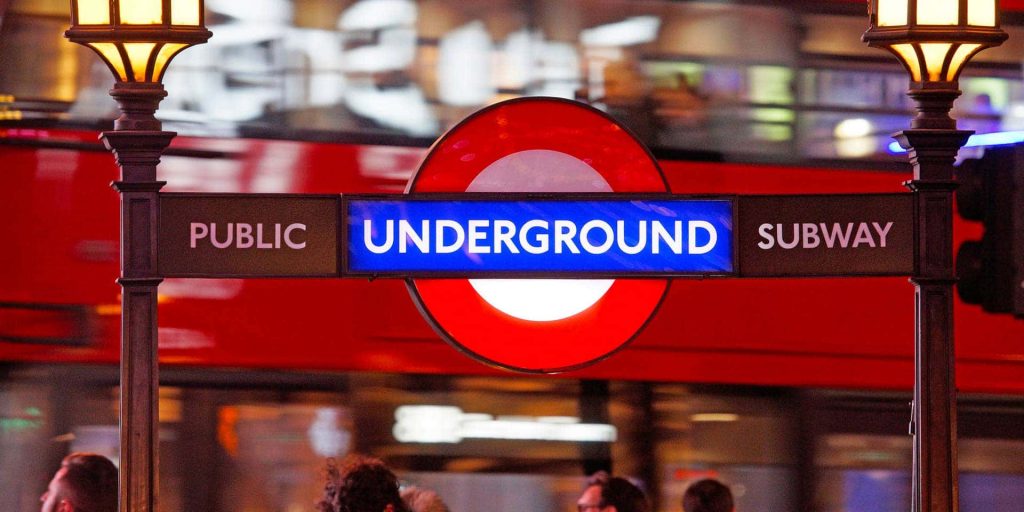Five years of massive investment. Five years of major infrastructure modernisation. The United Kingdom will spend a total of £640 billion (equal to $825 billion) over the current parliamentary term between 2020 and 2025, Prime Minister Boris Johnson’s government said when it unveiled the 2020 Budget on March 11. Johnson’s government decided to launch the programme just as the coronavirus began to spread in the U.K. and after taking measures to contain the contagion, such as banning people over 70 years of age from leaving home. This huge sum is the most significant growth in public investment since the 2008 financial crisis, and triple the average over the last 40 years in real terms.
UK government’s infrastructure spending plan
The government’s budget document said that a substantial part of the planned budget will be allocated to infrastructure.
Chancellor Rishi Sunak also reiterated that a considerable part of the infrastructure spending will be allocated to the construction of new roads and railway lines, as well as to housing.
In the short term, £10.9 billion will be invested in the construction of new homes, with the promise to build one million new homes by 2025.
The cash injection will give a significant boost to the construction sector which, according to a study carried out by the consultancy Global Data before the announcement, would have achieved a growth of just 1% during 2020.
The government’s infrastructure plan is robust and goes hand in hand with a number of coronavirus-related measures already launched in recent days. The U.K. Treasury is calling for £27 billion to finance “Highways England“, a programme to rebuild some of the country’s most important motorways over the next five years. In addition, £500 million will be allocated annually to the maintenance of existing roads, £12.2 billion will be allocated to affordable housing, and £5.2 billion will be used to increase the infrastructure needed to protect vulnerable areas of the country from flooding.

Industry’s response
The government’s announcement was welcomed by the major works sector, but the industry also called for a long-term plan of action.
Regarding the Chancellor’s announcement, Federation of Master Builders Chief Executive Brian Berry commented: “Understandably, the chancellor has delivered a ‘first aid Budget’ to overcome the short-term crisis caused by Covid-19. But he has missed an important opportunity to announce interventions that would support the sustainable, long-term recovery construction needs. The autumn budget must include measures to cut VAT on repair and renovation, and a national retrofit strategy to promote decarbonisation and create jobs and growth.”
While they wait for these new economic policies to bear fruit, large construction groups working in the U.K. are increasing safety levels in order to protect workers in the health emergency. Last week Build U.K., the industry’s trade union, signed a memorandum of understanding with the Civil Engineering Contractors Association, which represents companies, instituting a range of measures to be taken at worksites to ensure maximum protection of safety levels.
The United Kingdom needs new infrastructure
The approval of the maxi investment plan was accelerated by the coronavirus emergency, even though the issue had already been on the British political agenda for some time. Until yesterday, the country’s infrastructure development was governed by the National Infrastructure Delivery Plan, the five-year plan from 2016-2021 which provided £100 billion in public investment for a £483 billion project pipeline of railways, roads, energy, housing, education.
Business consultancy PwC said in an article that the government’s pledge to fund only £100 billion of the £483 billion needed has created an infrastructure spending gap.
“This gap is a key issue impacting the future pipeline and delivery of infrastructure in the U.K.,” wrote Charles Johnson-Ferguson, chief analyst for Transport and Logistics at PwC. “And it means that funding the U.K.’s infrastructure needs is the single biggest challenge facing the country today.”
This article was published before the Covid-19 emergency exploded. Today, faced with a possible economic crisis in the coming months, the British government has responded with a new investment plan, bigger and more ambitious than the previous one. Implementing it will be the only viable way to support the country’s development over the next five years.

